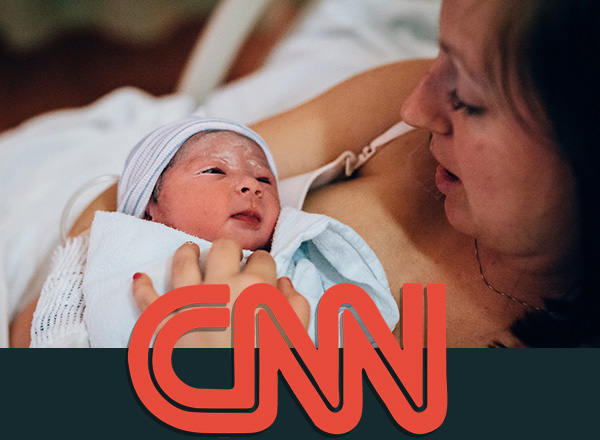Aspirin in IVF
Why do doctors prescribe baby aspirin in the early stages of IVF treatment? What is the benefit, and what are the risks?
Baby aspirin is often prescribed for women undergoing IVF. Although early studies suggest a benefit to its use, these studies have not yet been confirmed in larger, well-designed trials.
One common use is for women with recurrent pregnancy loss. One possible cause of pregnancy loss involves immune-system abnormalities; in particular, the body may develop antibodies to components of the blood-vessel wall called phospholipids. We don't really know why the body makes these antibodies, but they can block blood flow through small blood vessels in the placenta. Some physicians have suggested that these antibodies may also interfere with the embryo's attachment to the uterine wall.
In such a case, baby aspirin may help keep placental blood vessels open. It is frequently prescribed for this purpose much later in pregnancy for women with preeclampsia -- a pregnancy disorder associated with high blood pressure and protein in the urine. It is thought that this condition occurs when the blood vessels constrict too much because of an imbalance between two compounds in the body -- one that causes blood vessels to constrict and another that causes blood vessels to dilate.
Using a single baby aspirin daily blocks the vascular-constricting compound while not interfering with the compound that promotes placental blood flow. It is important to note that while a single baby aspirin gets the job done, more is not better in this case. Taking a higher dose of aspirin or ibuprofen can block both compounds, so these medicines should be avoided.
In addition to maintaining normal blood vessel dilation in early pregnancy, baby aspirin may also stop the clumping of blood platelets in the smaller blood vessels in the placenta. Usually, these platelet clumps function to repair small tears or breaks in blood vessels. But for unknown reasons, excessive clumping may occur, resulting in decreased placental blood flow.
If you have had a recurrent pregnancy loss, your doctor may recommend the use of both heparin injection twice daily and one baby aspirin daily along with your IVF cycle to help keep open the blood vessels in the placenta. While many physicians have suggested a possible benefit from heparin injections and aspirin for all women undergoing IVF when anti phospholipids are present, several recent studies have failed to find a benefit with this treatment.
Another possible reason to use baby aspirin is even more theoretical. Study findings presented at a recent IVF meeting in Vancouver, Canada, addressed why some healthy-appearing eggs make embryos that implant and continue to term while others do not. Data from this study suggest that one crucial factor is the blood flow to the ovarian follicles in which the eggs develop. Such factors as the age and the presence of PCOS may lower the blood flow to the follicles. Some researchers have theorized that just as baby aspirin can improve blood flow to the placenta, it may also improve blood flow to the ovary, giving us healthier eggs and embryos.
Have these benefits been proven? No. Is this safe? We believe so if the aspirin is stopped by 36 weeks of pregnancy. When baby aspirin is taken before that point, the risk of it causing abnormal bleeding for the mother or baby is quite low.

